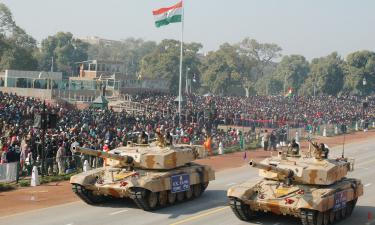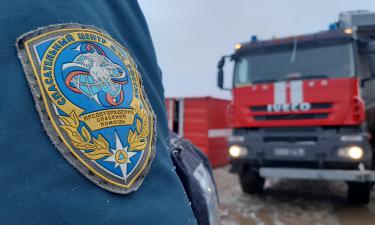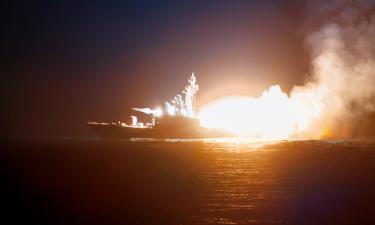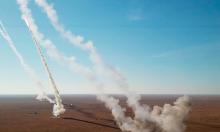Israel-Lebanon conflict – near-border war, officials say
What appeared to be a relatively limited agenda contrasted with tough statements Tuesday by Israeli leaders who said the two-week-old military offensive would not stop until Hezbollah is crushed.
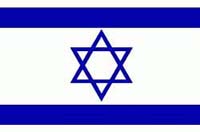
The Israeli military has come under growing criticism, with some commentators saying the army had poor intelligence about Hezbollah positions and rocket stockpiles when it sent in ground troops. Also, Hezbollah kept firing rockets at northern Israel, despite the ground offensive.
On Tuesday, about three dozen rockets hit northern Israel. In the port city of Haifa, a rocket crashed into a bus, injuring the driver and leaving a large puddle of blood on the front steps.
Israeli Prime Minister Ehud Olmert said Tuesday that the rocket threat had forced about 15 percent of the Israeli population of almost 7 million into underground shelters. On the other side of the border, about 750,000 Lebanese have been displaced.
The fighting began two weeks ago when Hezbollah killed eight Israeli soldiers and kidnapped two in a cross-border attack. Israel responded with air strikes and, later, a ground offensive.
On Tuesday, Israeli troops surrounded the Lebanese border town of Bint Jbail, a Hezbollah stronghold.
He said troops would encircle communities in southern Lebanon to strike at Hezbollah and its rocket launchers, but not push dozens of miles (kilometers) deep into Lebanese territory.
Subscribe to Pravda.Ru Telegram channel, Facebook, RSS!
